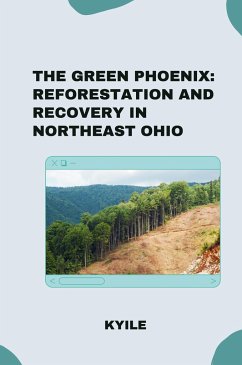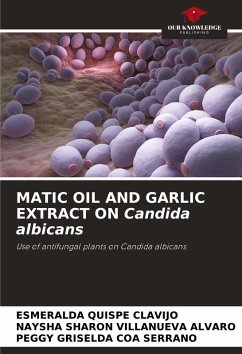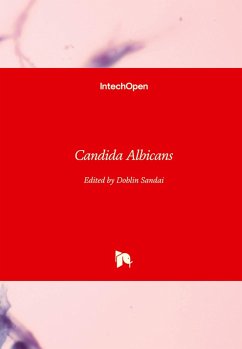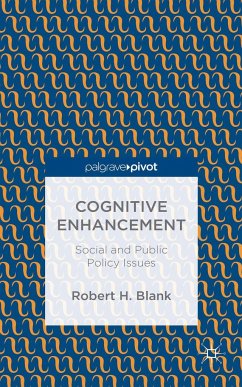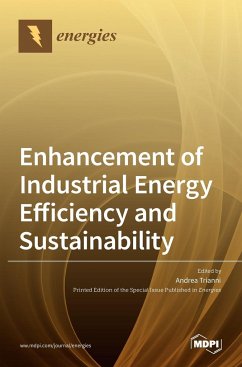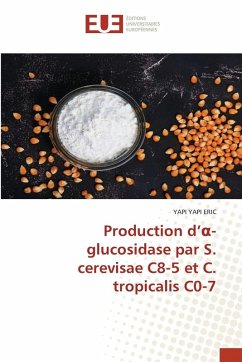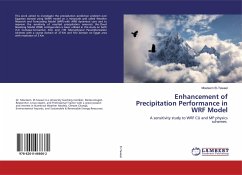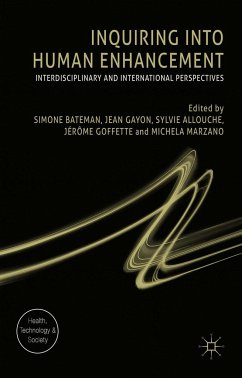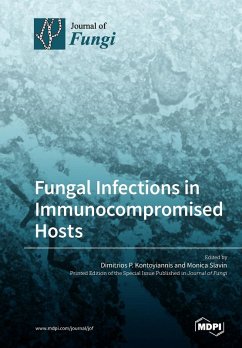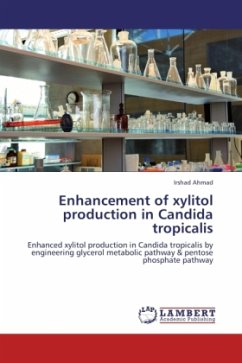
Enhancement of xylitol production in Candida tropicalis
Enhanced xylitol production in Candida tropicalis by engineering glycerol metabolic pathway & pentose phosphate pathway
Versandkostenfrei!
Versandfertig in 6-10 Tagen
32,99 €
inkl. MwSt.

PAYBACK Punkte
16 °P sammeln!
In this study, gk gene was disrupted from xylitol dehydrogenase gene (XYL2) knockout C. tropicalis strain BSXDH-3. The resulting strain was incapable to grow on glycerol. The cells growth on glycerol was resumed by co-expression of gcy1, 2 and 3 genes from Scheffersomyces stipitis under the control of C. tropicalis glyceraldehydes-3-phosphate dehydrogenase (GAPDH) promoter. NADPH-dependent xylitol production was higher in the engineered strain, termed IA-3 , than in BSXDH-3. The pentose phosphate pathway (PPP) is a major basis of NADPH biosynthesis in C. tropicalis. In order to increase xylito...
In this study, gk gene was disrupted from xylitol dehydrogenase gene (XYL2) knockout C. tropicalis strain BSXDH-3. The resulting strain was incapable to grow on glycerol. The cells growth on glycerol was resumed by co-expression of gcy1, 2 and 3 genes from Scheffersomyces stipitis under the control of C. tropicalis glyceraldehydes-3-phosphate dehydrogenase (GAPDH) promoter. NADPH-dependent xylitol production was higher in the engineered strain, termed IA-3 , than in BSXDH-3. The pentose phosphate pathway (PPP) is a major basis of NADPH biosynthesis in C. tropicalis. In order to increase xylitol production rate, xylitol dehydrogenase gene (XYL2)-disrupted C. tropicalis strain BSXDH-3 was engineered to co-express zwf and gnd genes, which respectively encode glucose-6-phosphate dehydrogenase (G6PDH) and 6-phosphogluconate dehydrogenase (6-PGDH), under the control of glyceraldehyde-3-phosphate dehydrogenase (GAPDH) promoter. NADPH-dependent xylitol production was higher in the engineered strain, termed "PP", than in BSXDH-3. This is the first report of increased metabolic flux toward glycerol metabolic and PPP in C. tropicalis for NADPH regeneration and enhanced xylitol production.



